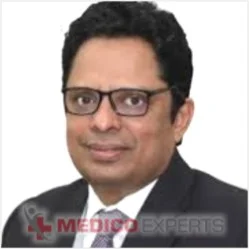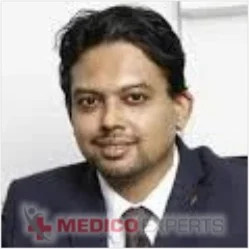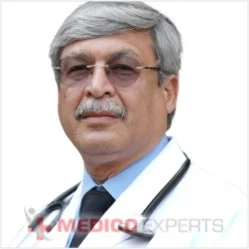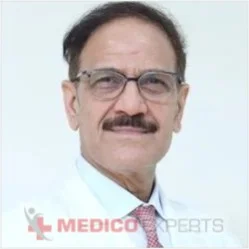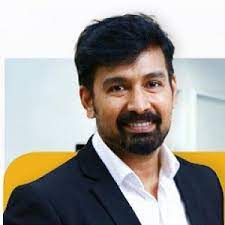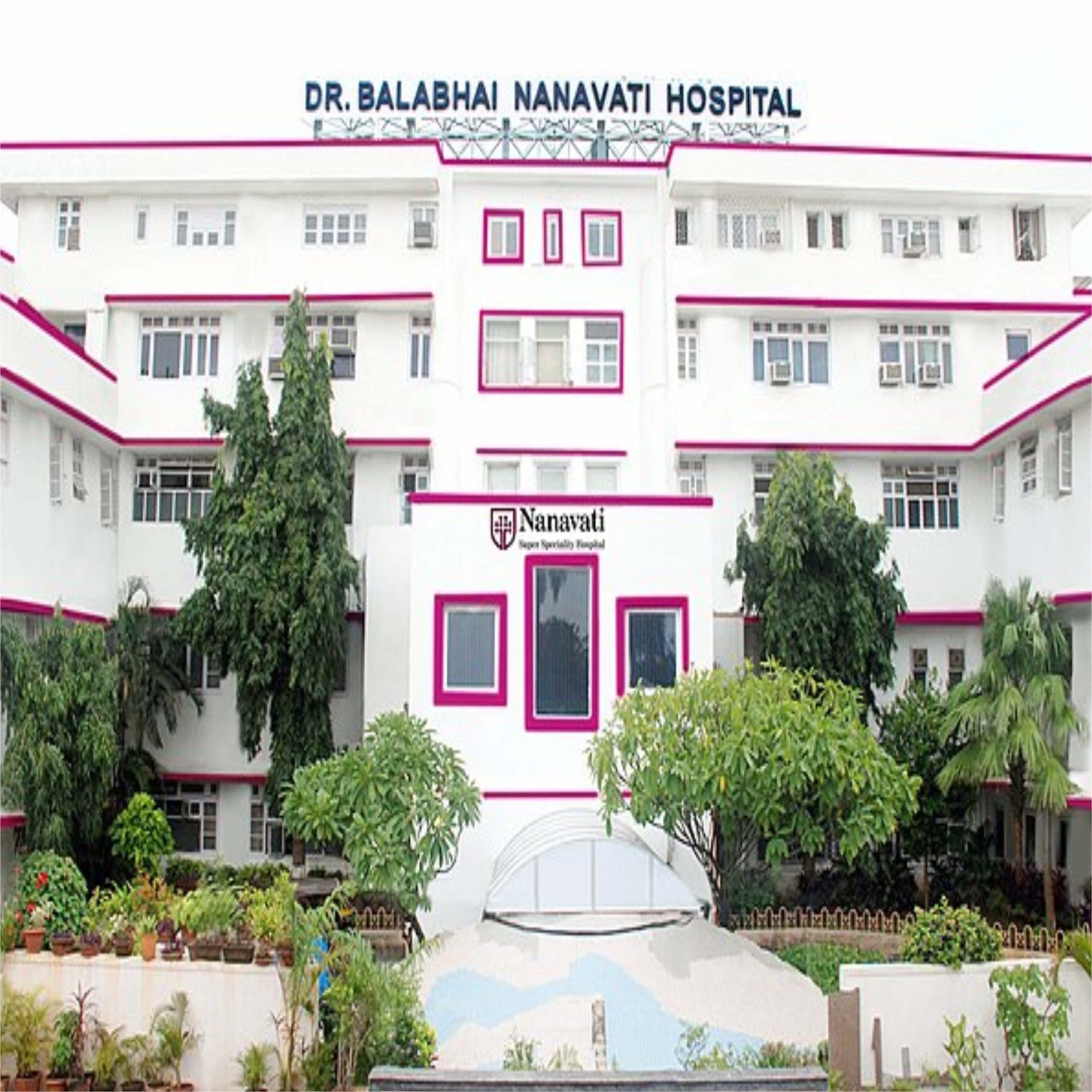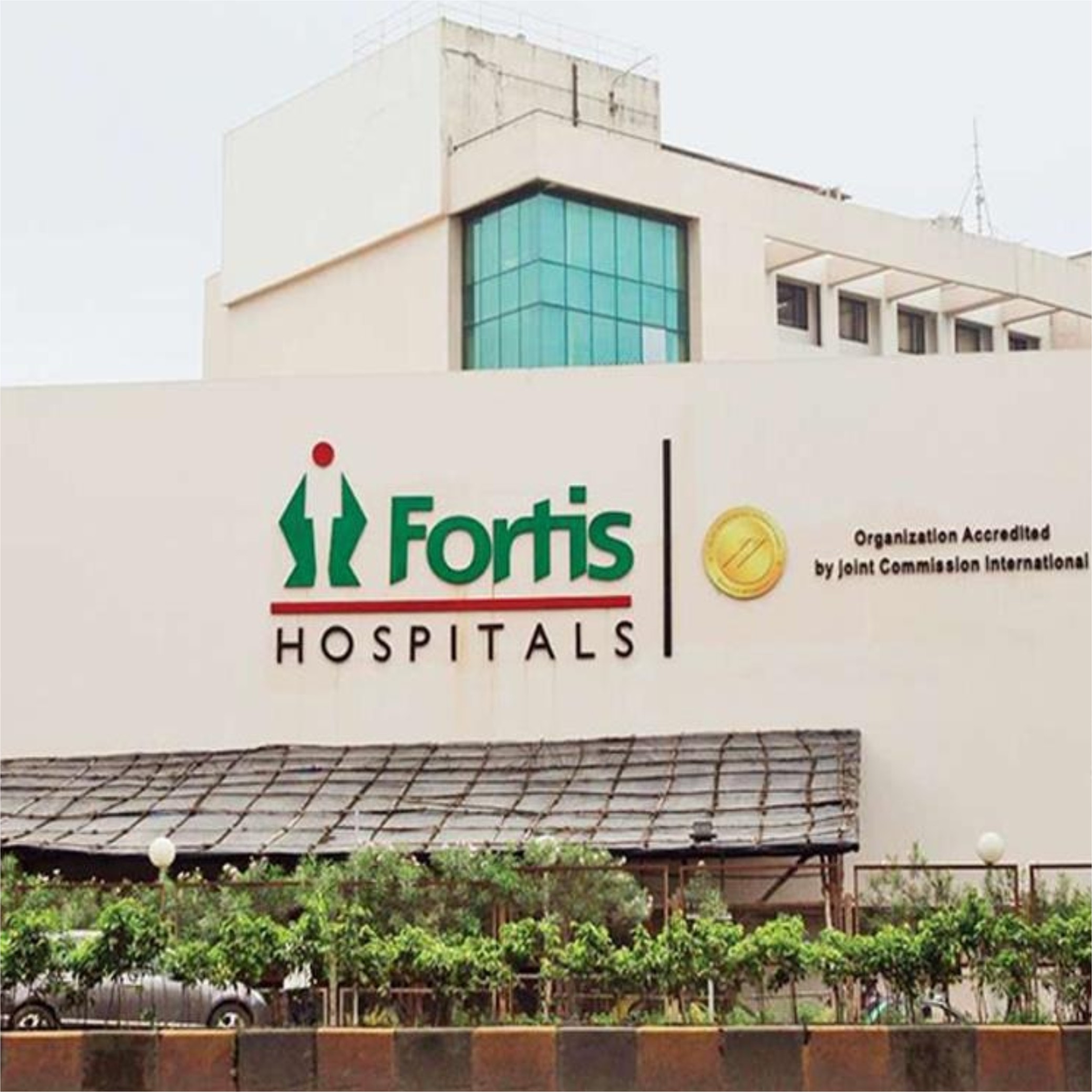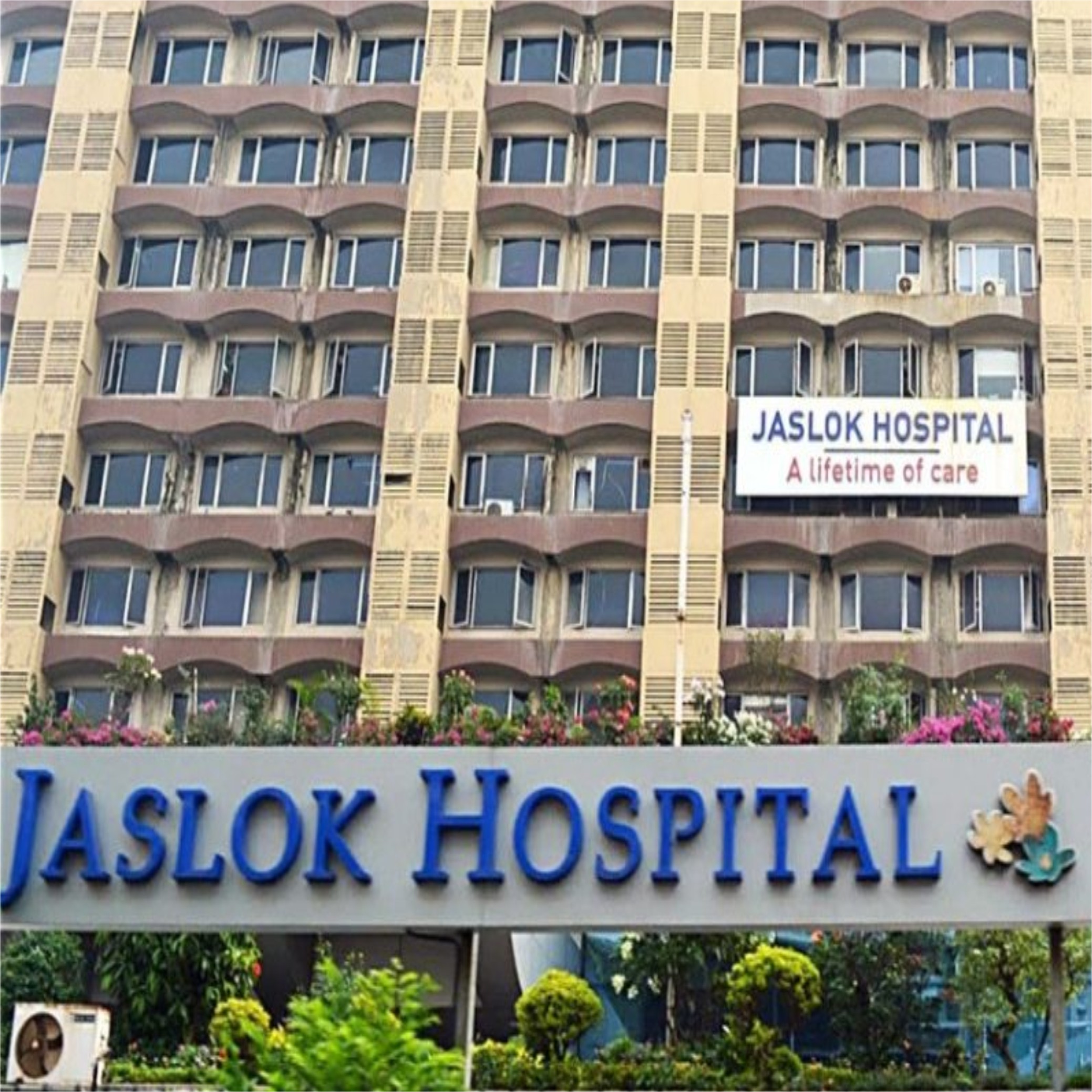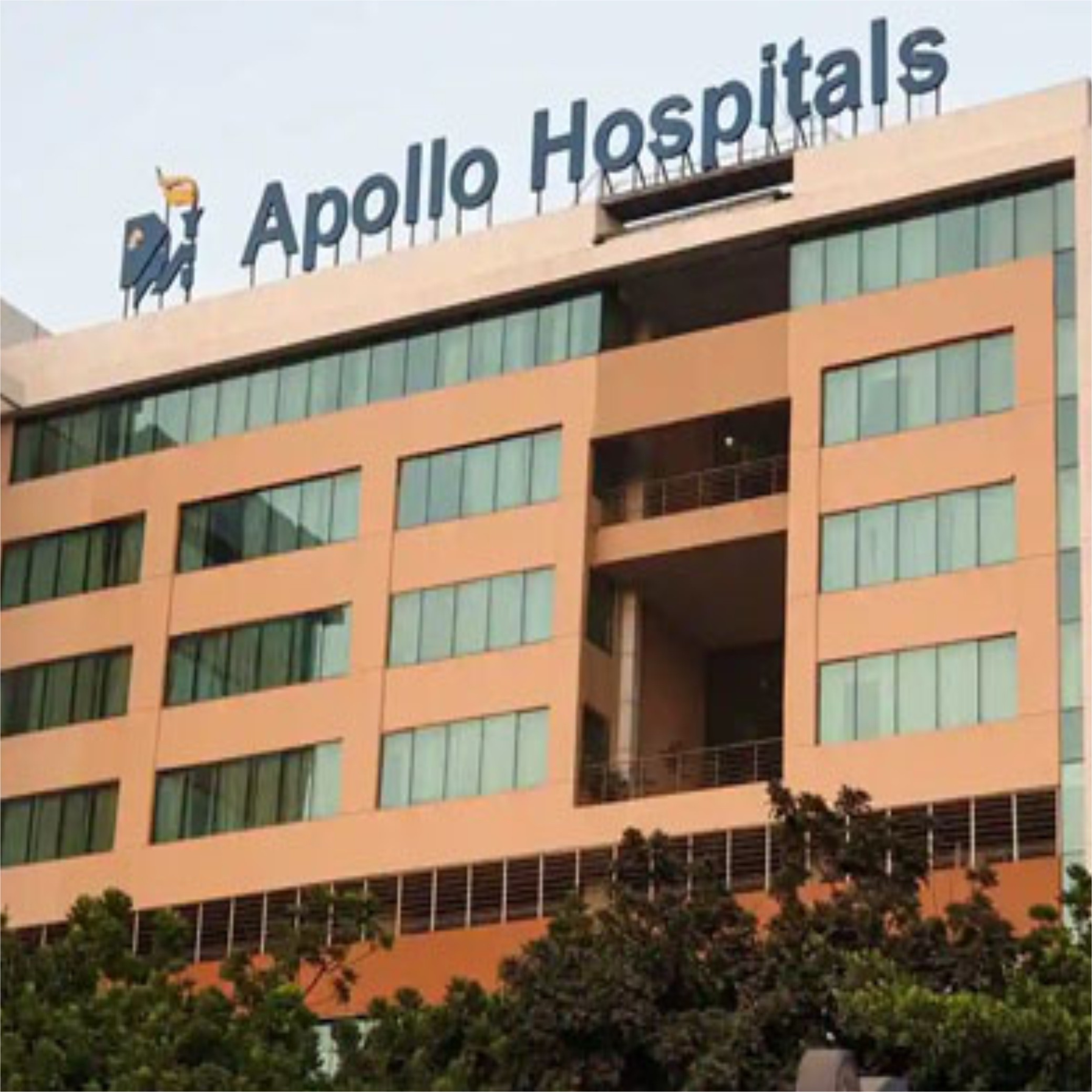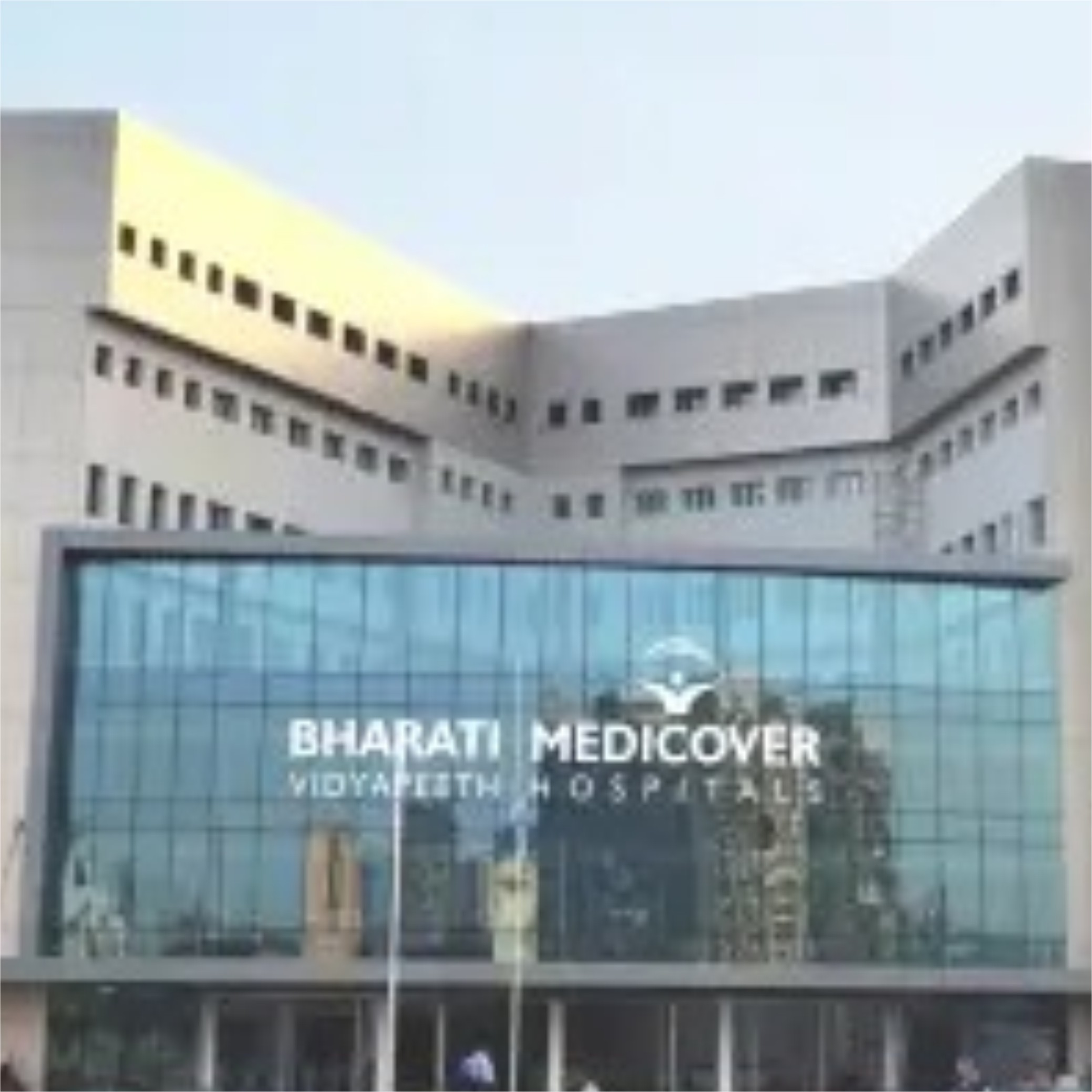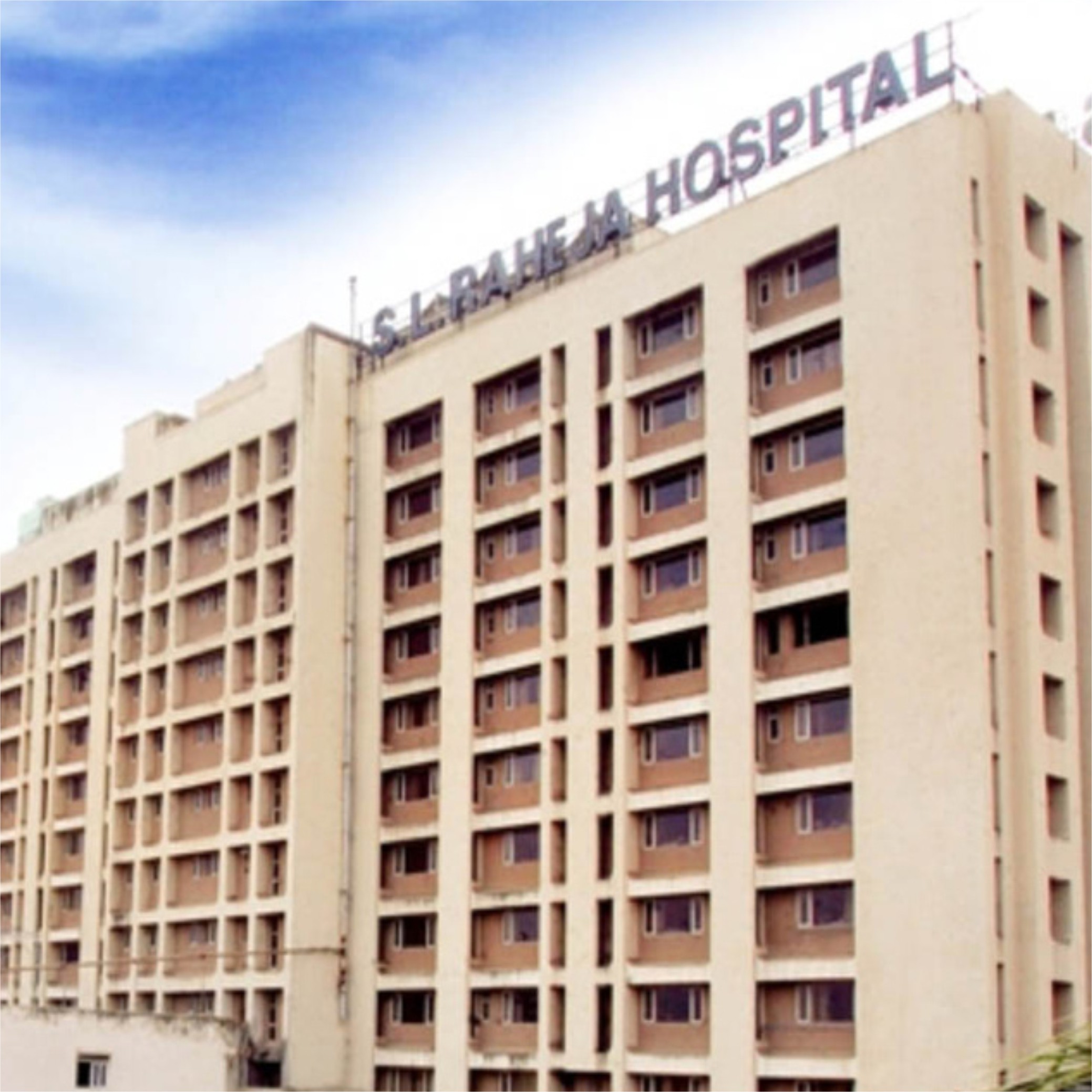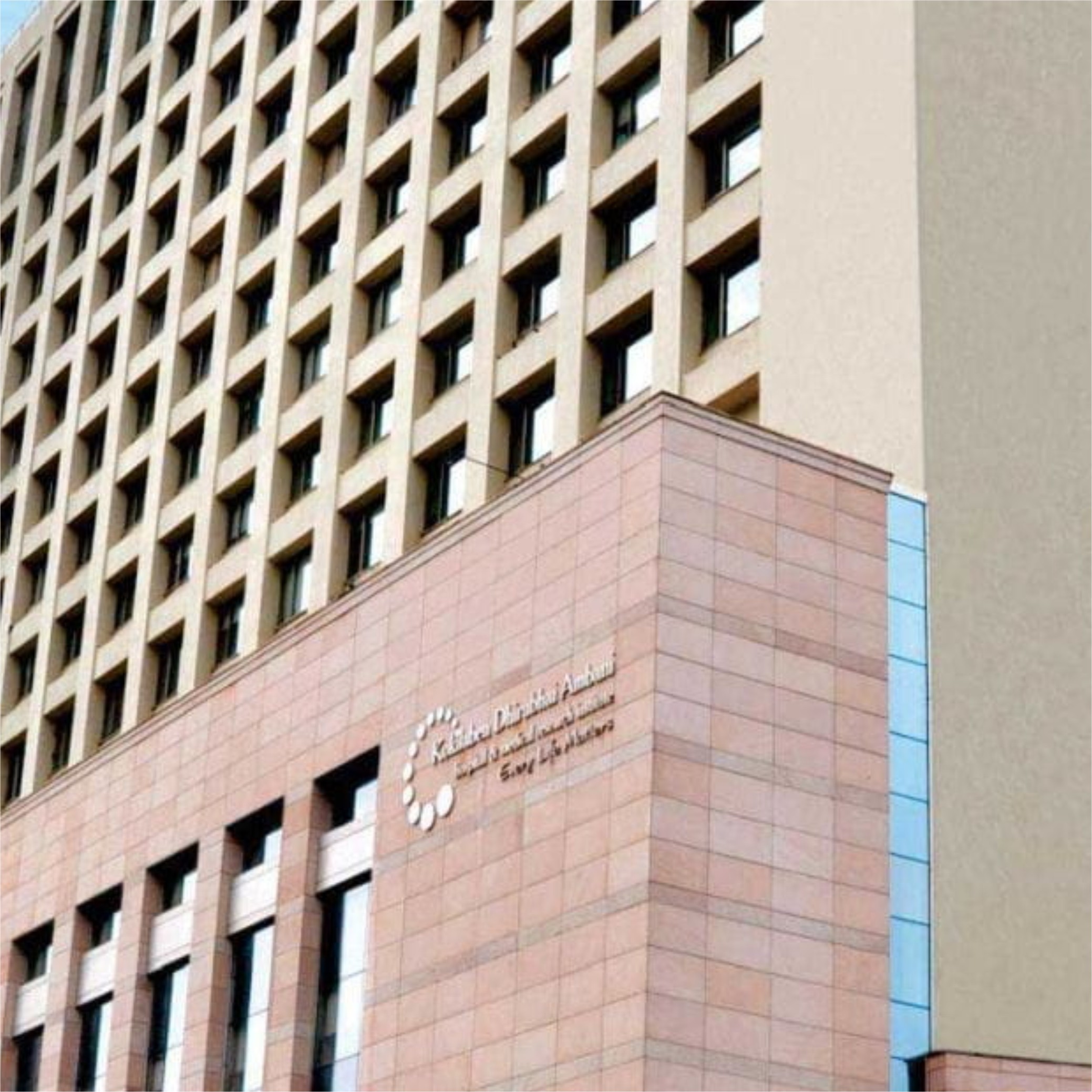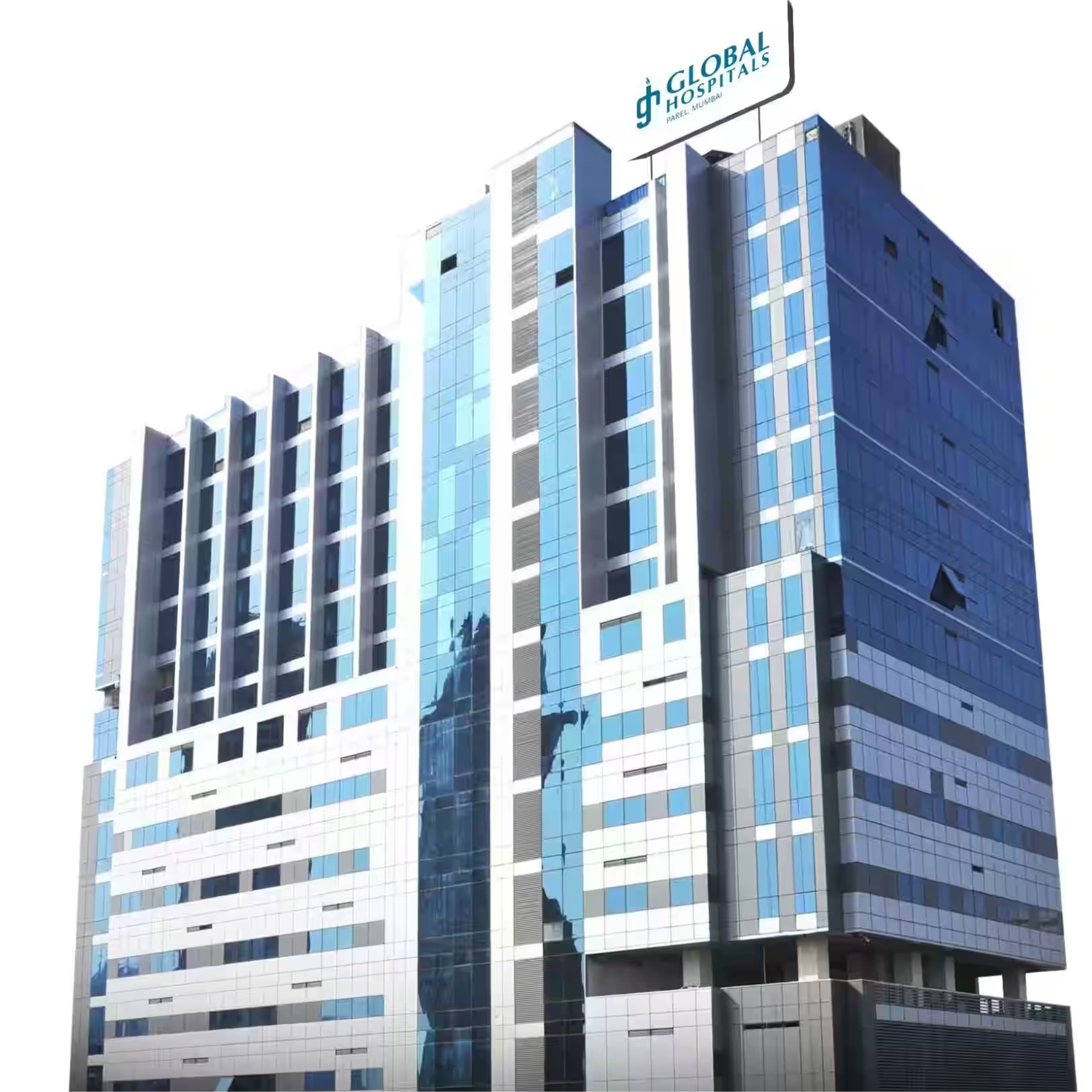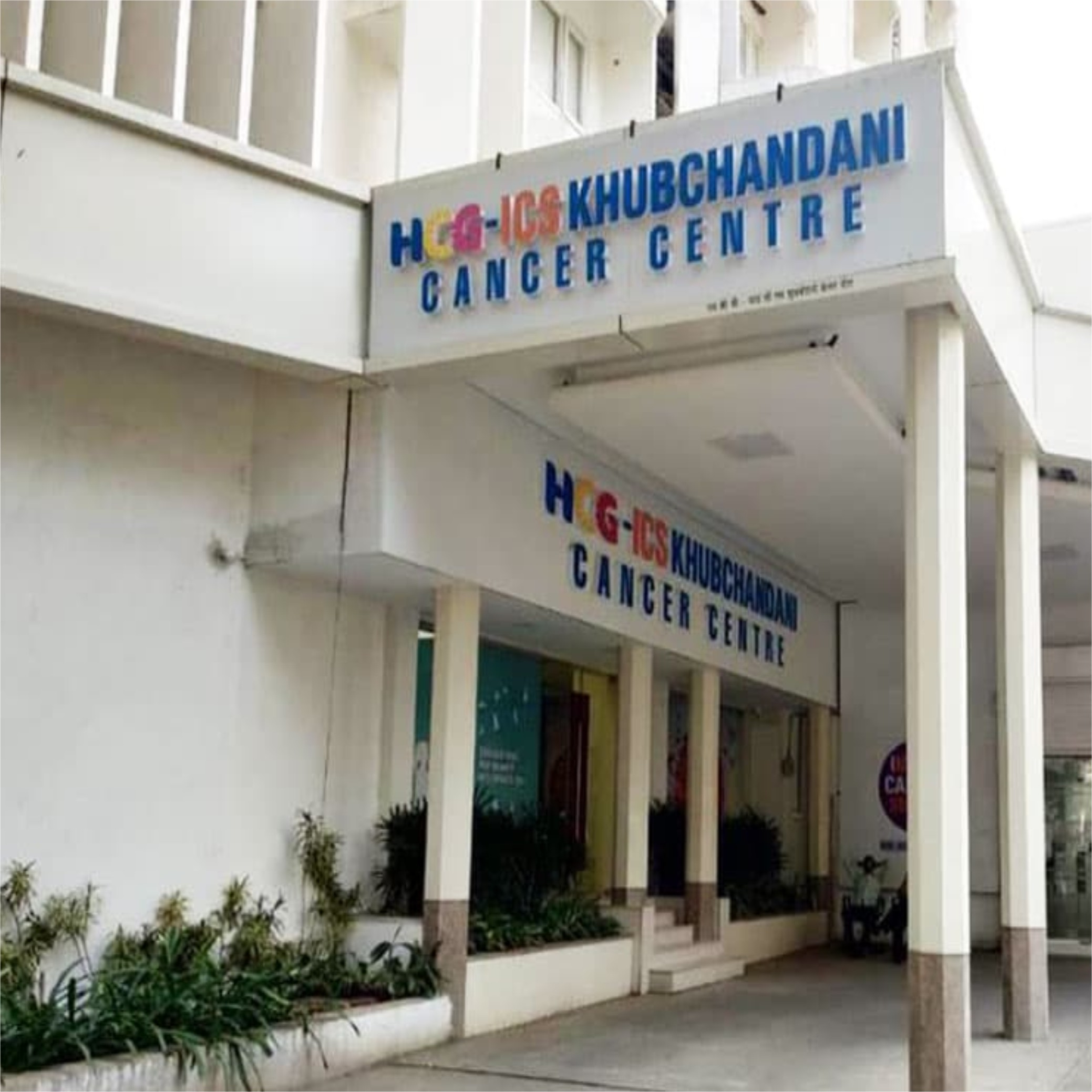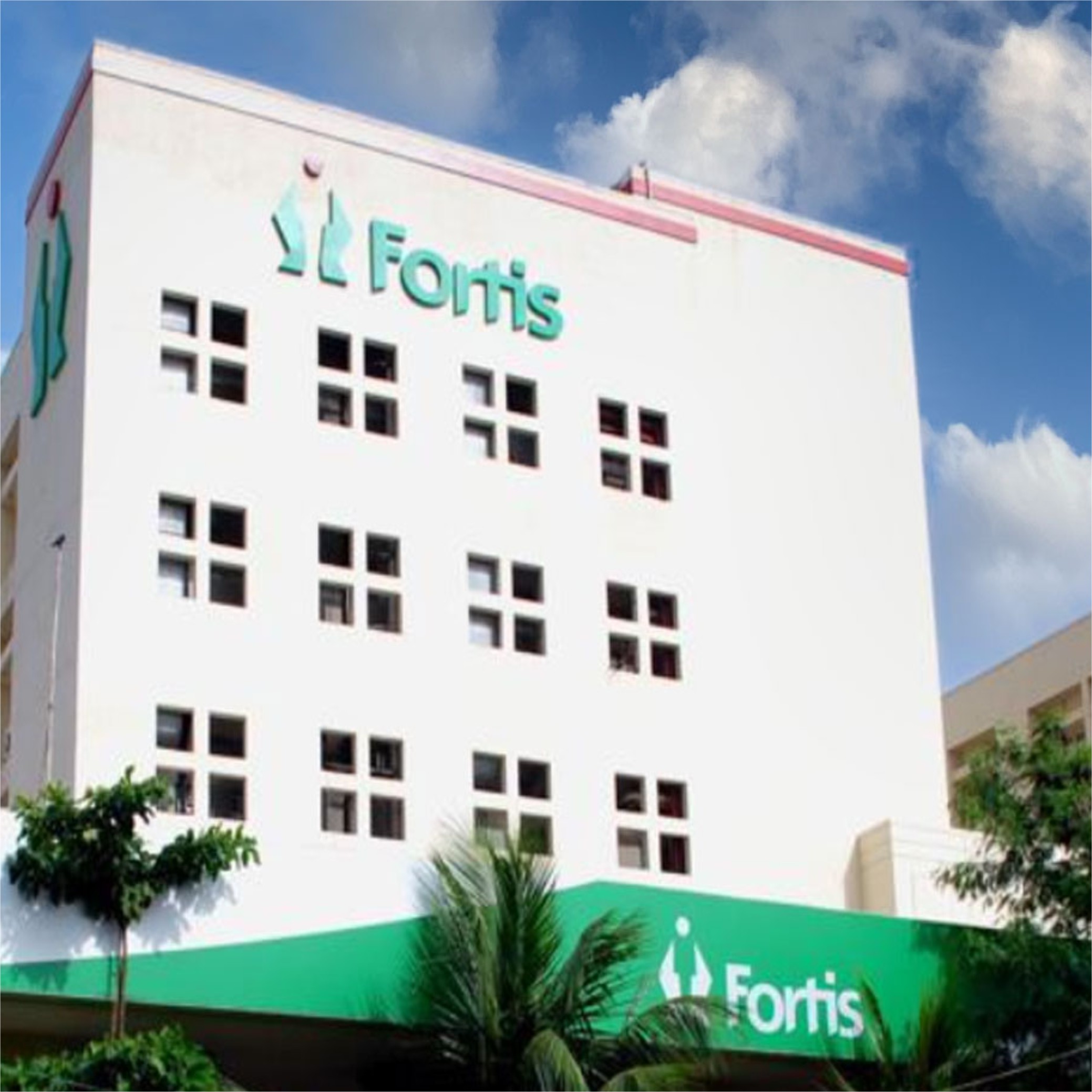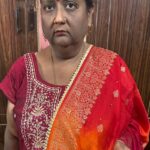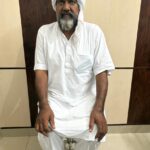Detailed Guide: ASD Treatment in India
An atrial septal defect (ASD) often called as a “hole in the heart” is a congenital heart defect in which there is an abnormal hole or an opening in the muscular wall (septum) that divides the upper filling chambers of the heart (atria). Being a congenital heart defect, the child is born with this condition since the ASDs occur during foetal development of the heart. The heart develops itself from a large tube and starts diving into parts that in due course become the walls and chambers of the heart. During this entire development process, if there is some setback, then a hole can form in the septum that divides left and right atrium.
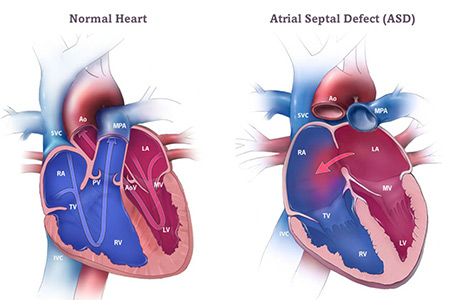
ASDs are usually classified depending on their site on atrial septum and the size of the hole. Normally, the left atrium holds the oxygenated (oxygen- rich) blood which is pumped by the heart throughout the body whereas the right atrium holds the deoxygenated (oxygen-poor) blood which is pumped to the lungs for oxygenation.Thus, as results of ASDs, some amount of oxygenated blood from the left atrium travels into the right atrium through the hole in the wall. This blood mixes with the deoxygenated blood and increases the total volume of blood that is pumped towards the lungs. If the ASD is large, the extra blood is pumped into the lung arteries which make the heart and lungs work harder and the lung arteries can become gradually damaged.

Every child is born with an opening between the upper heart chambers. It’s a normal fetal opening that allows blood to detour away from the lungs before birth. After birth, the opening is no longer needed and usually closes or becomes very small within several weeks or months.
Sometimes the opening is larger than normal and doesn’t close after birth. In most children the cause isn’t known.
Symptoms of ASD :
As ASD do not have symptoms so it’s very difficult for anyone to have any idea that they have ASD. Some patients find out about the defect when a chest X-ray for another problem shows that the right side of the heart is bigger than normal.
If the opening is small, it won’t cause symptoms because the heart and lungs don’t have to work harder.
If the opening is large, the only abnormal finding may be a noise heard with a stethoscope and other abnormal heart sounds. Over time of many years, this may cause permanent damage to the lung blood vessels.
An ASD can cause symptoms like shortness of breath, fainting, irregular heart rhythms or fatigue after mild activity or exercise.
Procedure
Treatment for ASD depends on the type and size of the defect, its effect on the heart, and other health conditions patient has had, such as pulmonary hypertension, valve disease or coronary artery disease.
In general, treatment is recommended if you have a large ASD that causes significant flow of blood through the defect and the right side of your heart starts appearing bigger than normal. The bigger the defect is, patient’s risk of developing problems like atrial fibrillation and pulmonary hypertension increases. The defect is measured using echocardiography, MRI.
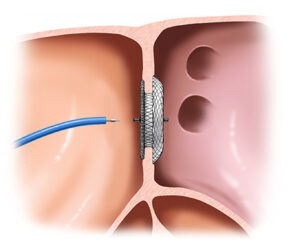 Nonsurgical repair is the mostly preferred treatment for most patients with secundum ASDs. This type of repair uses a device to close the hole in the septum.The device is put in place using a long, thin tube called a catheter. The device is attached to the catheter, which is guided to your heart through a vein in your groin. When the device is released from the catheter, it opens and seals the hole. Over time, tissue grows over the implant and it becomes part of the heart.A cardiac catheterization to check the size and location of the defect and measure pressures in your heart is recommended.
Nonsurgical repair is the mostly preferred treatment for most patients with secundum ASDs. This type of repair uses a device to close the hole in the septum.The device is put in place using a long, thin tube called a catheter. The device is attached to the catheter, which is guided to your heart through a vein in your groin. When the device is released from the catheter, it opens and seals the hole. Over time, tissue grows over the implant and it becomes part of the heart.A cardiac catheterization to check the size and location of the defect and measure pressures in your heart is recommended.
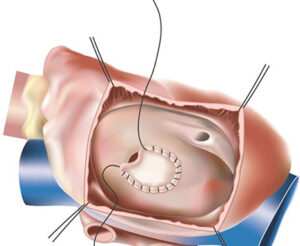 Surgery is needed to repair large secundum ASDs and other types of ASDs. In some cases, this can be done robotically or with a small incision. Surgical repair usually involves using a tissue patch to close the ASD. The tissue often comes from your own pericardium (membrane around the heart). Some secundum ASDs can be surgically closed with sutures alone.
Surgery is needed to repair large secundum ASDs and other types of ASDs. In some cases, this can be done robotically or with a small incision. Surgical repair usually involves using a tissue patch to close the ASD. The tissue often comes from your own pericardium (membrane around the heart). Some secundum ASDs can be surgically closed with sutures alone.
Are you a Candidate?
A Heart surgery is a major surgery. If the hole is not small or any other abnormal symptoms are diagnosed, then only open-heart surgery becomes an option. It is at the discretion of expert surgeon to recommend a heart surgery depending on the medical history of the patient.
One is offered heart surgery for following reasons:
- The opening or the hole is large
- Shortness of breath
- Fainting
- Irregular heart rhythms or fatigue after mild activity or exercise
- Right heart enlargement
- Abnormal heart rhythms
- Stroke
- Pulmonary hypertension (high blood pressure in the arteries that supply blood to the lungs)
- Leaking tricuspid and mitral valves
Prevention
Patient should show to the cardiologist doctor periodically to examine and avoid any uncommon problems. No medicines and no additional surgery or catheterization are needed. Sometimes medicines to prevent blood clots and infection are used for a few months after ASD closure. Patient with small ASD do not need special precautions or restrictions.After recent surgery some limits on your physical activity for a short time is needed and after successful healing from surgery or catheter closure, no restrictions are needed.
Expected Results
When the hole is small, it gets repair on its own naturally as the patients grows up and if the ASD is large then surgical procedure is advised and after the surgery the heart work as a normal heart and performs all the activities which a normal heart does.
Recovery Timeline
After the surgery the recovery timeline is very short.Controlling some of the physical activities for around 2-3 weeks the normal daily life can be regained.
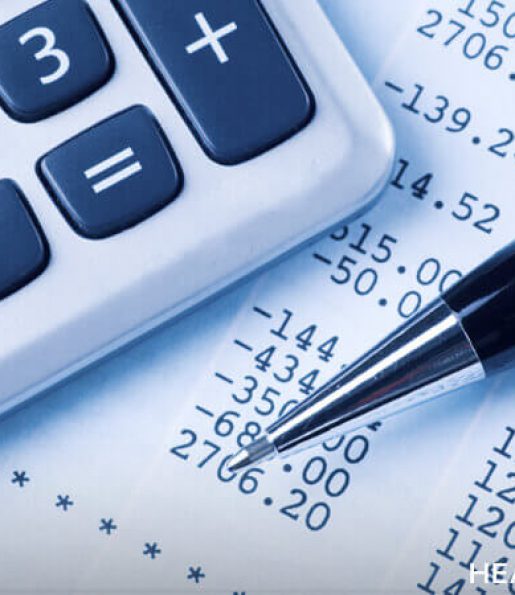
ASD treatment cost in India
India is one of the most affordable places for Cardiac Treatment across the globe. The cost of ASD Treatment/Surgery in India is less than a one sixth of what it costs in western countries to get the same treatment done.
Top Cardiac hospitals in India are equipped with the most advanced technology.
The surgery cost ranges from USD 6000 – USD 11000 in India.
Cost of Cardiac Treatment without insurance is extremely high, which prompts people to travel to countries like India for their cardiac treatment. For people who are covered by insurance, but find the cost very high, also choose to travel to India for their treatment for the quality cardiac treatment at most affordable cost.
Frequently Asked Questions and patient concerns:
1. What is ASD (atrial septal defect)?
ASD is a defect in the septum between the heart’s two upper chambers (atria). The septum is a wall that separates the heart’s left and right sides.
2. What causes ASD?
All infants born have a natural fetal opening that enables the blood before birth to divert away from the lungs. As opening is not needed after birth, it generally becomes very small and closes within a few weeks or months after birth. In same rare cases and for reasons unknown, the opening is larger than normal and doesn’t close after birth. This results in ASD. In some children, ASD is coupled with other heart defects.
3. How long is the procedure and how many days would the child be in hospital?
ASD is an hour or two-hour long procedure. It generally requires a hospital stay of about 7 days, barring any complications.
4. What is the success rate of ASD treatment?
Depending on complexity of disease, the success rate of ASD Closure Surgery is 98.5%
5. How is the ASD closure procedure done?
A closure device is used to close the defect or opening between the right and left sides of the heart during an ASD closure procedure.
6. What if my child is underweight, will that be an issue for undergoing the procedure?
Age of the patient is the main factor for choosing this procedure. Therefore, an underweight child can also undergo this procedure depending on the symptoms and overall condition of the patient.
7. Is there a right age for this ASD closure surgery?
Ideally, the right age to choose this procedure is between the age of two to four years.
8. How long will the recovery period be?
Generally, it takes about 8-10 weeks for the child to completely recover after the ASD surgery.
9. Are there any precautions to be followed post-surgery?
The doctor will advise you to ensure no salty food is provided to the child. It will also do well to prevent any heavy lifting and ensuring no trauma or injury to the chest occurs during the recovery period.
10. Will there be any need for follow-up surgery?
Once an ASD has been closed, it is unlikely that more surgery will be needed.
11. How soon after surgery can I continue with my child’s vaccinations?
The child can be given vaccinations 2-3 months after undergoing ASD surgery.
Best ASD closure surgery hospital in India
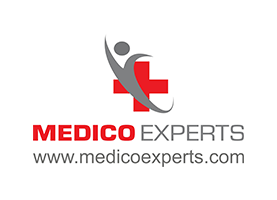
MedicoExperts is a Global virtual hospital which is established to offer quality healthcare services at affordable pricing without compromising the success rates of the treatment.
MedicoExperts is having a network of highly experienced super specialist doctors and well equipped hospitals across the globe and offering second opinion through online video consultation and surgical interventions through its empanelled super specialist doctors at its network hospitals in 17 countries from 3 continents.
By the virtue of its approach and model, MedicoExperts is successfully achieve to deliver
- Latest and most advanced treatments with success rates of international benchmarks.
- Multiple cost options depending upon the hospital facilities, with the same doctor.
- Treatment option in multiple cities/state/countries.
- Trust and peace of mind.
Most suitable for patients who are looking for:-
- Planned Surgeries and treatment from most experienced doctors and at multiple cost options as per hospital facilities with best possible outcomes.
- Second Opinion from expert doctors.
- Complex cases involving multi specialities
- International patients looking for treatment from Indian doctors
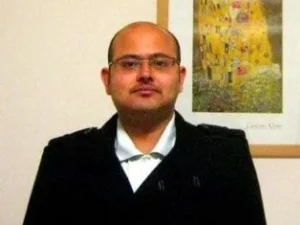
Author Bio
Dr. Subhamoy Mukherjee is a molecular oncologist with experience working with genomic profiles. He has several years of experience in scientific writing. He takes a strong interest in making people aware of different treatment approaches in cancer, and acute and chronic diseases. He also has an interest in innovative approaches for treating different mental and physical illnesses. View all posts by Dr. Subhamoy Mukherjee



